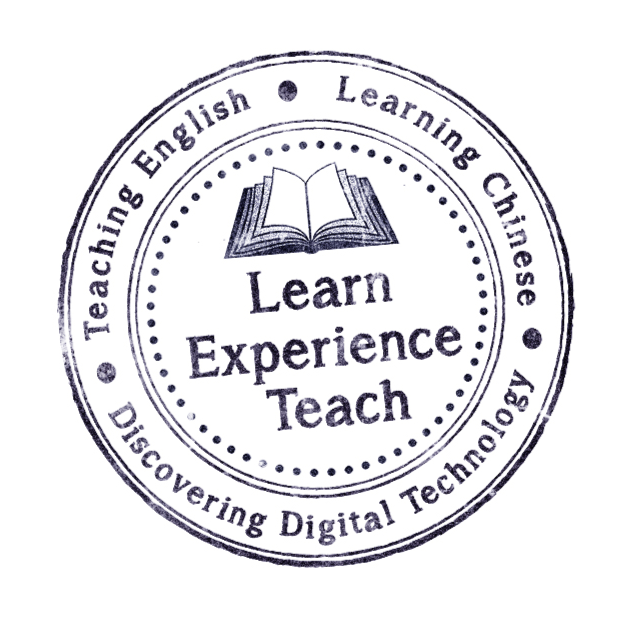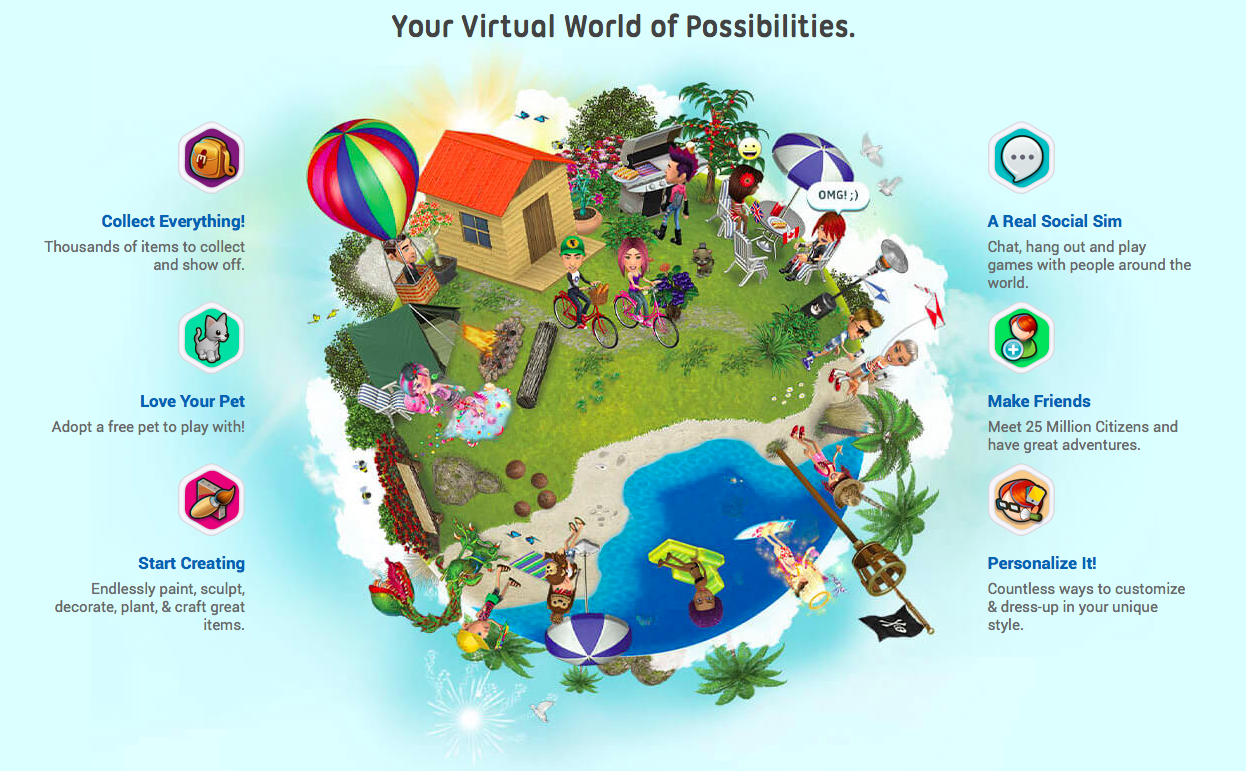Three weeks have passed and we have come to the end of my first short online course in creative writing. It was a pleasure and honour to support 4 willing participants shake off their inhibitions, adopt a positive mindset and get down to some serious writing! About the Course The fundamentals of the course were…








